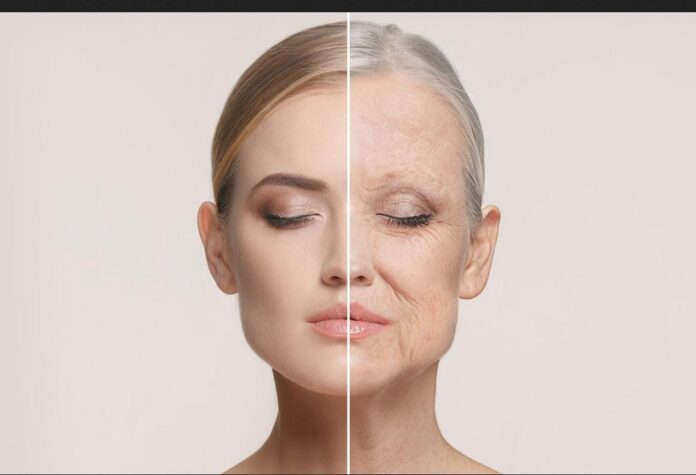According to the World Health Organization, one in every six people will be 60 years or more by 2030. The population of individuals aged 80 and above will triple from 2020 to 2050 to reach 426 million people.
The aging process can take shape in chronologic age, biologic age, and psychologic age.
Chronologic age relies entirely on the passage of time. It describes an individual’s age in years. Biologic age represents the body changes that develop when you’re gracefully aging.
Your psychological age will depend on your actions and feelings. An individual above 80 years with plans for future events is young psychologically.
Read on to understand what the aging process looks like in practice.
Cardiovascular System
As you grow old, your blood vessels and arteries start to stiffen. This can make your heart work harder when pumping blood through these pathways.
As a result of the increased workload, your start developing changes in your heart. While resting, your heart rate may remain the same.
Your heart rate will increase when you’re active but not as much as when you were younger. Including physical exercise in your routine will guarantee optimal health. It would help if you enjoyed a nutritious diet for improved health and wellbeing.
Bones and Body Joints
As you’re gracefully aging, your bones reduce in size and density. As a result, your bones become weak and more vulnerable to fracture.
Body joints and muscles also lose their maximum strength. This affects the stability and balance of aging parents.
Ensure you consume sufficient amounts of calcium to boost your bone strength. You can also supplement your vitamin D intake and refrain from drug and substance abuse.
Bladder and Digestive System
The older you grow, the less elastic your bladder becomes. This explains why aged people feel the urge to urinate more often.
Obesity and damaged nerves from diabetes also affect the condition of your bladder and urinary tract. Structural changes in the large intestines that come with old age can cause constipation in old folks.
Ensure you eat a healthy diet that’s rich in fiber content. Besides, take in lots of water and other fluids.
You shouldn’t ignore the urge to have a bowel movement. Otherwise, you’ll make your constipation worse.
Visit your latrine often to release your bladder. Also, avoid smoking tobacco products and maintain healthy body weight.
Memory and Thinking Capacity
As you’re aging, the brain undergoes developmental changes. This can affect your memory and thinking capability.
Aging parents often forget familiar words or phrases. It’s also almost impossible for old-aged folks to multitask.
Maintaining a healthy diet and a regular exercise routine will improve your physical and mental health. Try reading books, playing word games, and taking classes to help you stay mentally active.
Check it out to find mindfulness programs for aging parents.
The Aging Process Defined
Graceful aging allows you to see more generations in your lineage. Besides, healthy aging buys you more time to fulfill your life desires and dreams.
Even though the aging process takes time, you should prepare early enough during your youthful years. Maintain a healthy diet plan and encourage your aging parents to exercise regularly. It helps reduce the risks of unwanted illness when their immunity levels get low.
Explore this page to learn more about the aging process.









